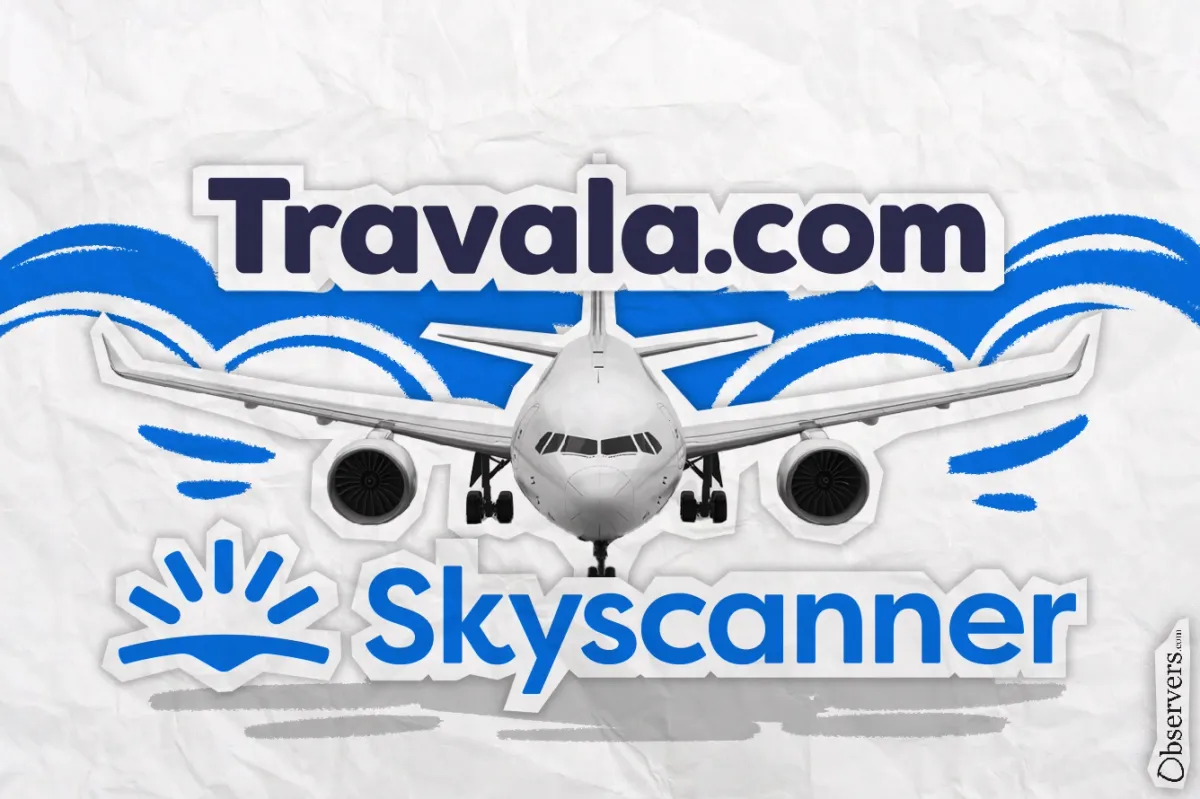
Skyscanner's integration of crypto-platform Travala is opening up a new channel for blockchain to showcase its utility to mass users.
The partnership between the two companies, announced on Thursday, will allow the dApp to expose its 2.2 million accommodation inventory to the online travel planning website's 110 million users while expanding Skyscanner's payment options by 100 cryptocurrencies.
But there is more. If the cards are played right, this partnership might bring a whole new wave of users to Web3.
Can Travelers Be Better Off By Using Crypto?
If there is one thing people look at when planning a vacation, more so even than the perfect destination, it is a great price slash.
While planning the perfect honeymoon or weekend mountain getaway can be done by anyone with a couple of hours to spare and an online connection, paying for it is another story.
Because everybody dreams of vacations but not everybody can easily afford them, the 11 trillion dollar global tourism industry has grown at the back of air miles, hotel timeshares, special season discounts, vouchers, and loyalty programs.
Due to the composability that blockchain technology facilitates, crypto can be a game changer for the tourism industry.
Travala's AVA Smart Program already showcases how the blockchain can enhance loyalty schemes. The program offers 7 membership tiers (the greatest OTA in the world, Booking, has three).
The basic "free" option offers up to 2% givebacks in Travel's AVA native token and up to a 3% discount if users pay the total booking amount with AVA tokens.
From the second tier on, givebacks can be locked to secure an annualized AVA bonus of 15%, and users can get discounts on bookings and a chance to participate in airdrops.
The percentage of discounts and givebacks increases until the Diamond tier, in which, amongst other benefits, users can claim a unique selection of avatars, get quarters of travel credits with their Ambassador Bonus status, receive up to 10% in givebacks in BTC, AVA, or travel credits, receive a 20% annual AVA bonus, access to airport lounges, an airdrop of a random travel experience.
The platform is also working on a decentralized way of passport show-off with a "Proof of Travel" NFT program that will give users stamps and badges for their travels.
Competitive membership benefits are not hard to find in the travel industry, but with blockchain, the chances of creating more products can expand infinitely.
Other Travala Partnerships
If all these perks are only available to a small class of high-income consumers, then the chances of Travala reaching mass adoption are small.
Yet, the partnerships it has established in recent years show that the platform is trying to cater to all holidaygoers, not just those who stay in presidential suites.
In 2014, Expedia was the first major travel website to accept Bitcoin payments directly. Four years later, the initiative was discontinued, with the company citing currency exchange complexity, crypto's high volatility, and lack of demand from travelers as reasons to do so.
By 2020, Expedia tried a different scheme for accepting crypto payments by entering into a partnership with Travala to offer its accommodation deals via its platform. This allowed users to pay with crypto but without having to deal with it directly.
While Expedia and Travala will be competing for users' attention in Skyscanner, the two online travel agencies are actually displaying the same inventory on platforms that offer different payment options to maximize reach.
Like Expedia, Travala also partners with a metasearch engine, KAYAK, for travel services.

